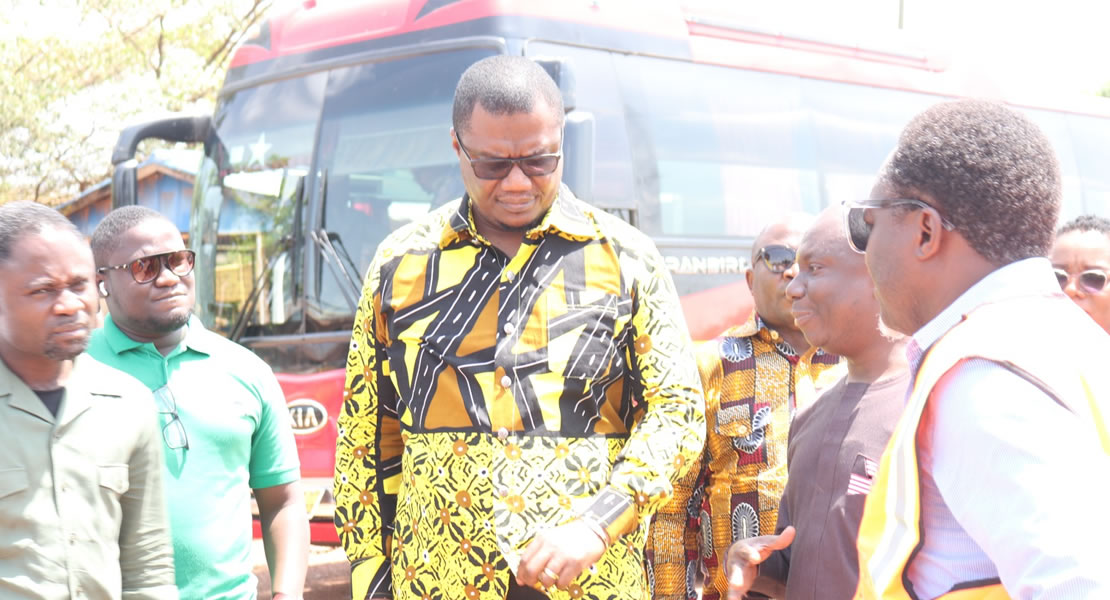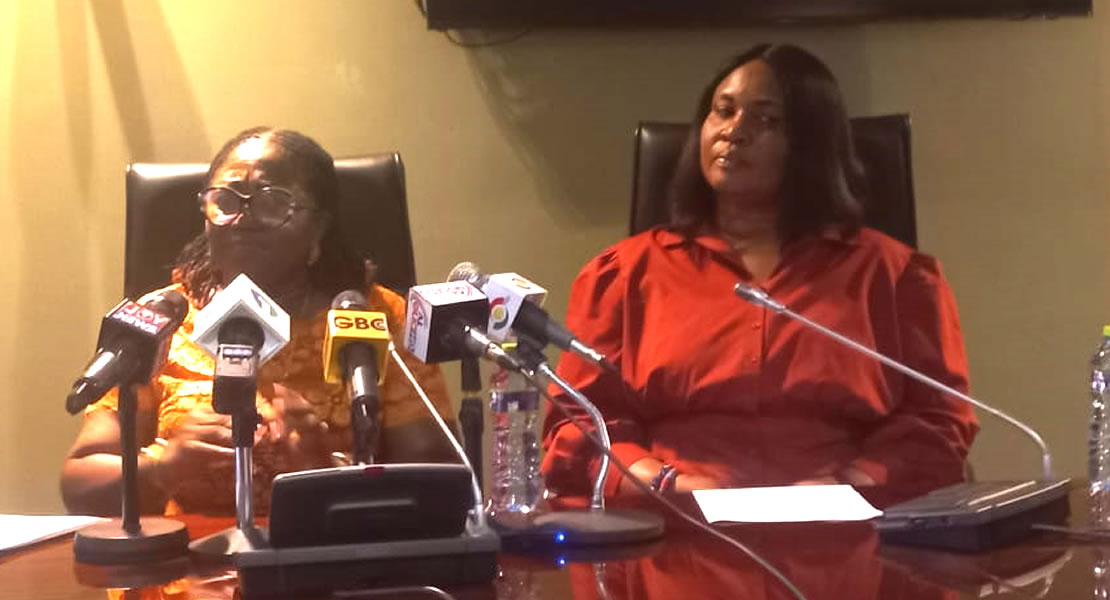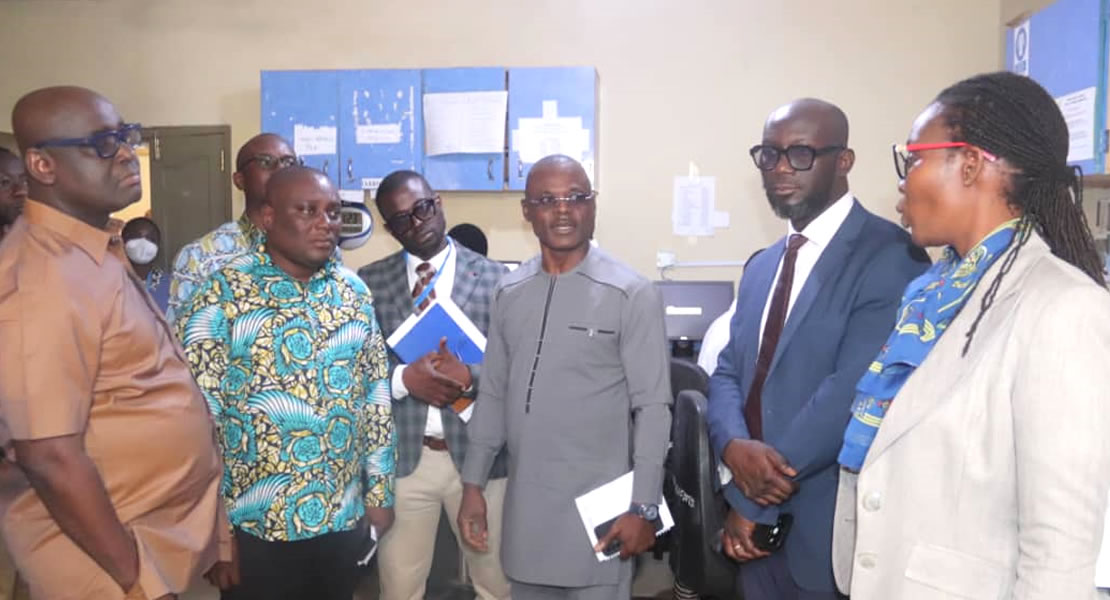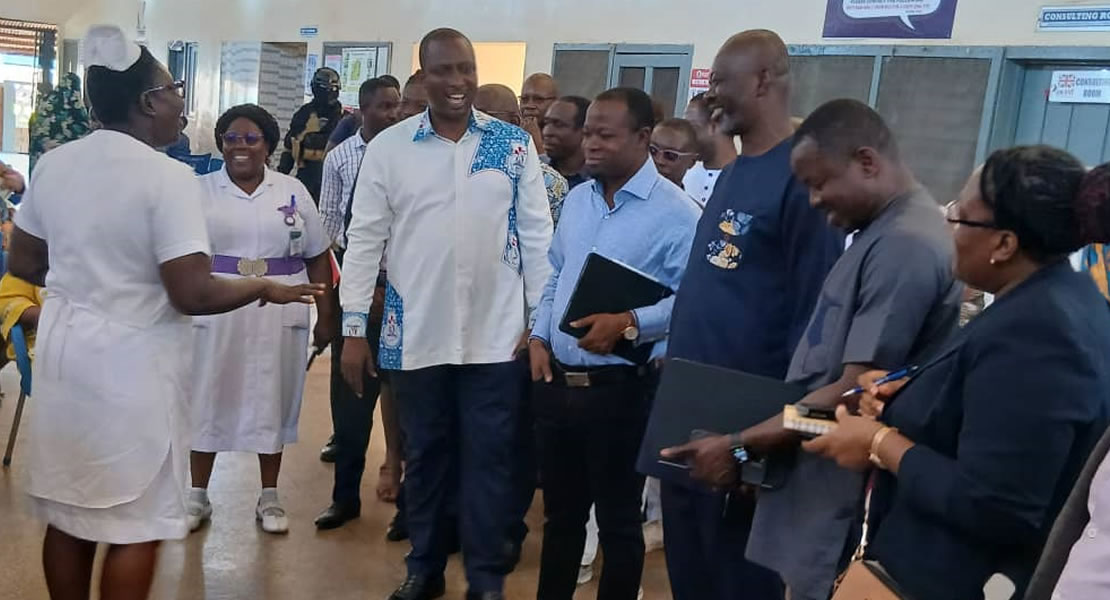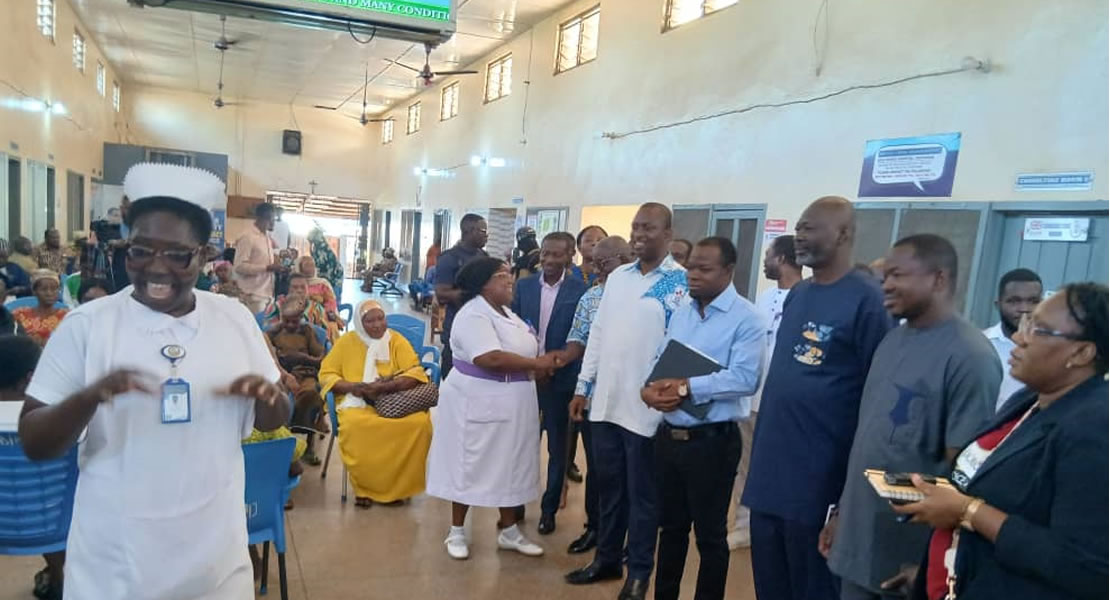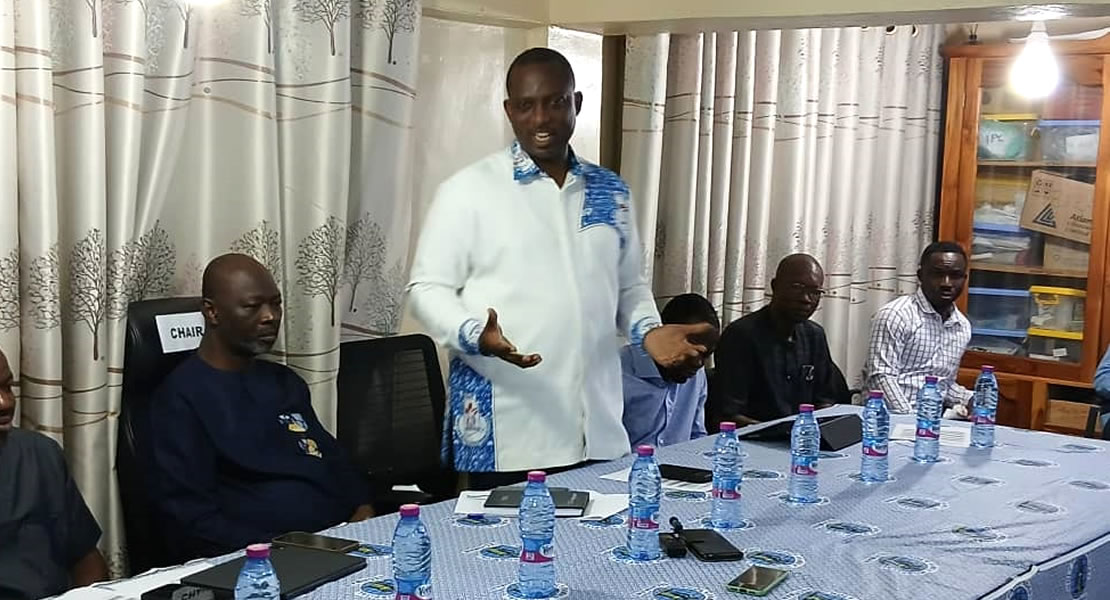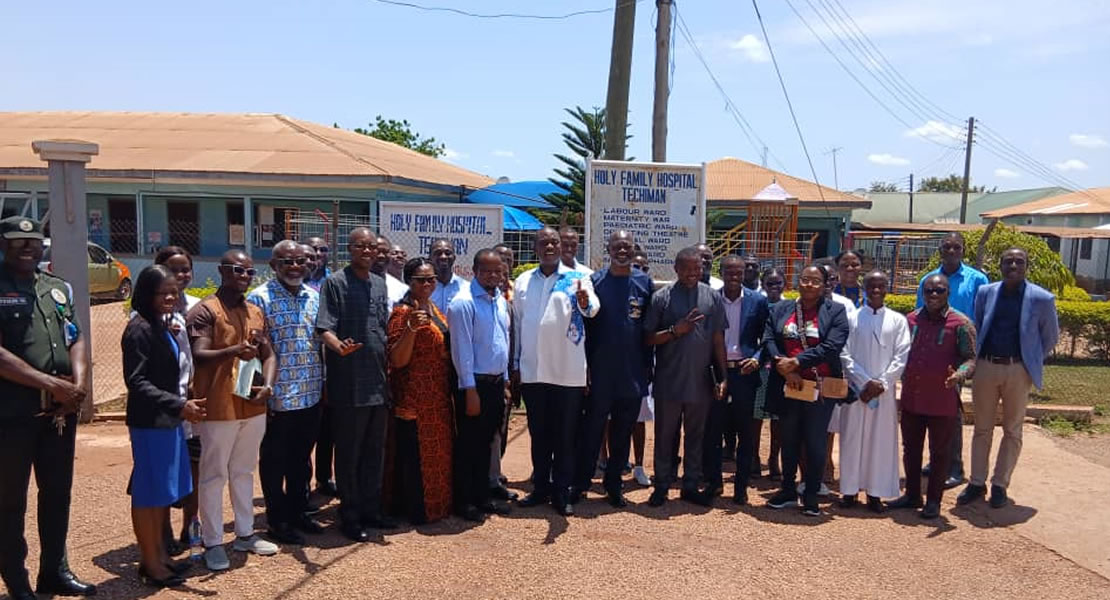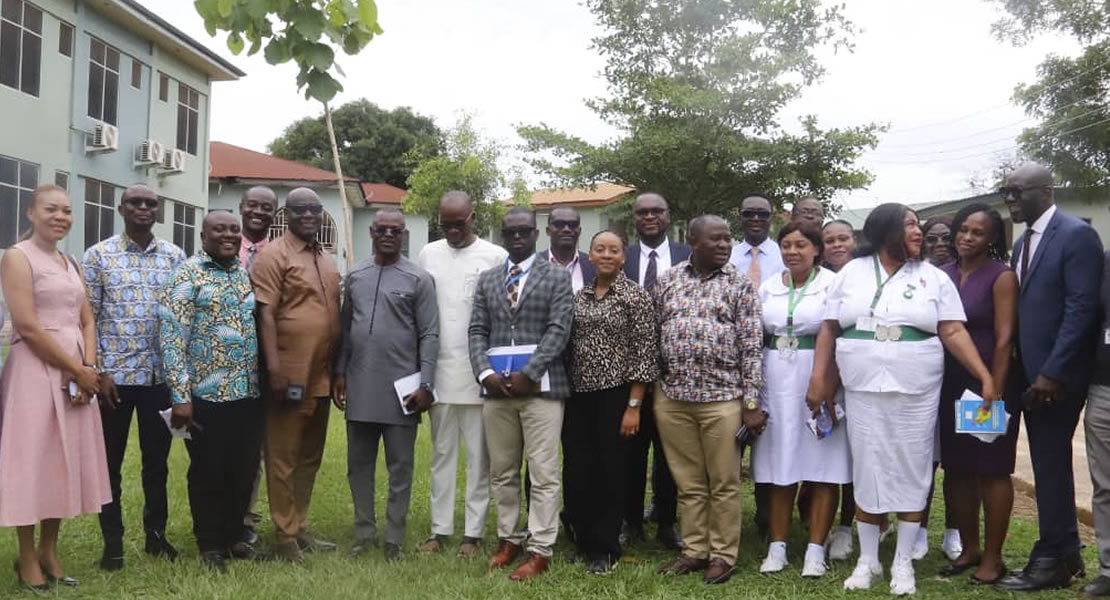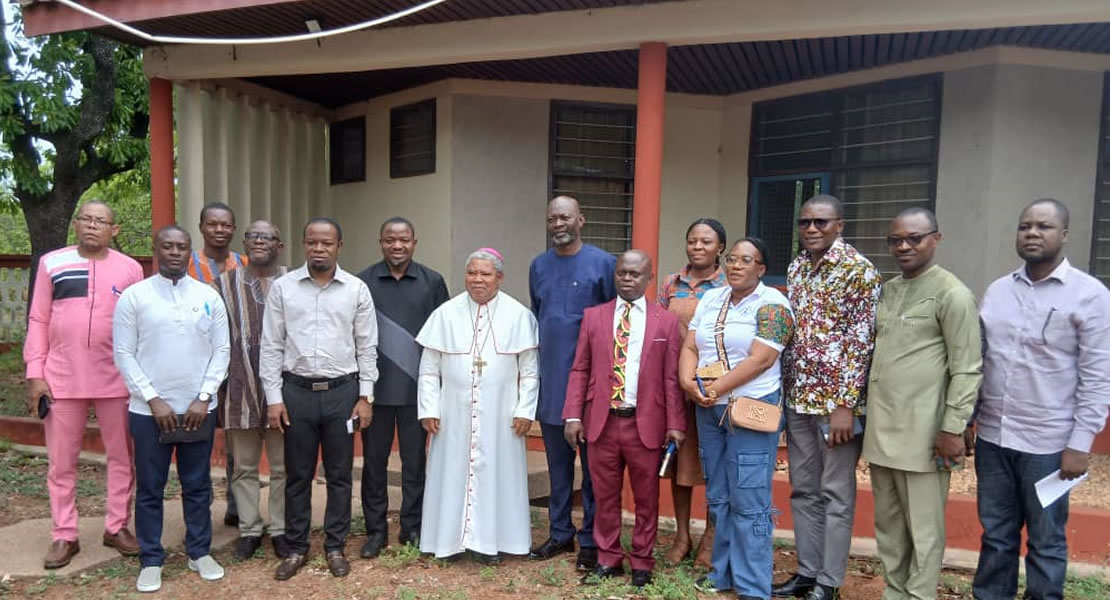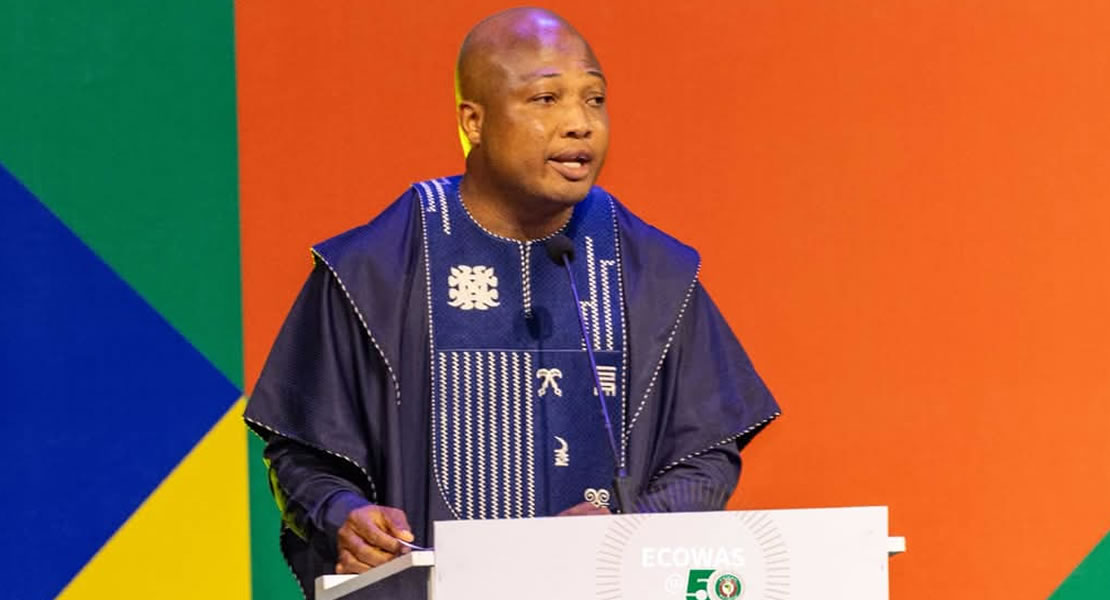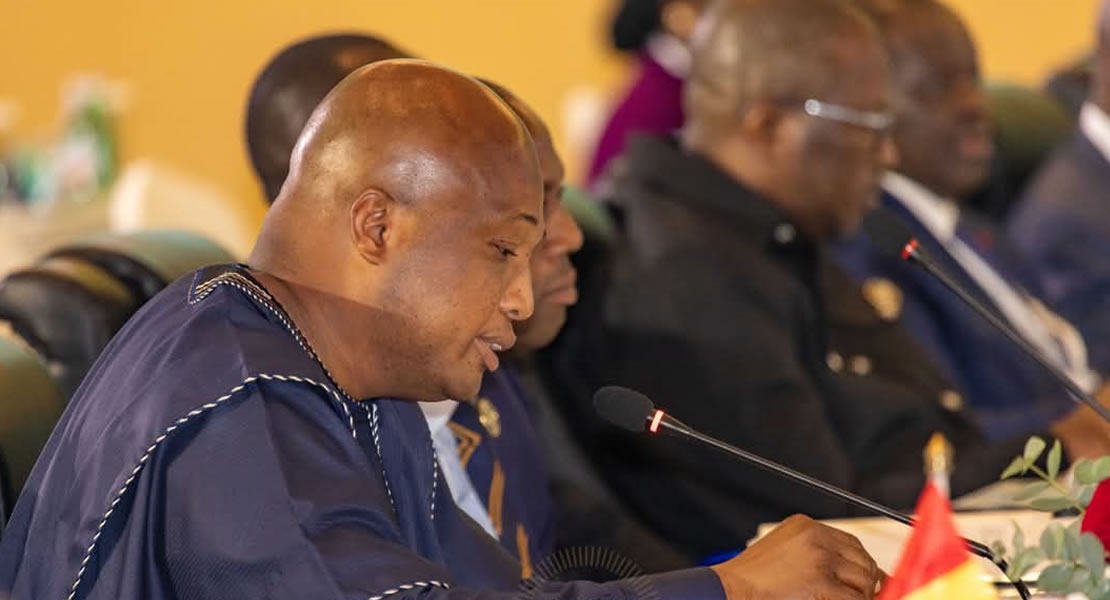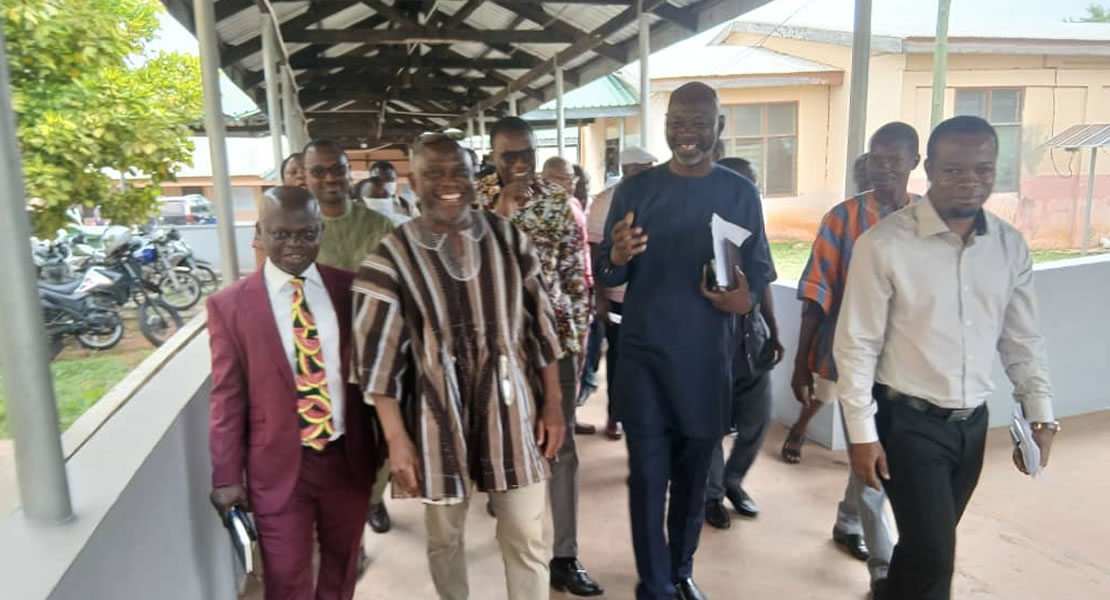The Minority on the Health Committee have appeal to the association of doctors striking in the Tamale Teaching Hospital to consider restoring immediate emergency and outpatient services to curb loss of lives.
As they take notice of doctors’ difficult decision to suspend emergency and outpatient services at the facility and they are not underestimating the gravity of such a resolution, and “we fully recognize that it stems from a deep sense of frustration, indignity, and structural neglect which must not be ignored”.
In a statement by the Ranking Member of the Committee, Dr. Nana Ayew Afriye expressed their utmost respect and appreciation for the selfless service and extraordinary professional commitment of the doctors and staff of the Tamale Teaching Hospital.
And in the face of constrained resources and immense professional pressures, you continue to uphold the sacred duty of care to the people of Northern Ghana and beyond. Your service is not only noble, but indispensable to the nation’s healthcare system.
“We are, however, deeply concerned about the immediate and long-term implications of the suspension of critical services, particularly for the most vulnerable members of society who depend on TTH for urgent care. While your concerns are valid and your demands legitimate, we respectfully appeal to the leadership and general membership of DATTH to consider, as a matter of urgency, the possibility of rescinding this decision in the supreme interest of public health”.
Again, if the restoration of services is made contingent on an apology from the current Minister for Health, then regrettably, we fear that more lives may be lost before such a gesture is made. It is our considered view that the focus must remain on the immediate resumption of lifesaving services.
Whiles we in Parliament pursue appropriate institutional remedies and accountability measures through legitimate oversight channels.
To this end, we assure the entire medical fraternity at TTH that the Minority Caucus on Health stands firmly with you. We shall continue to amplify your concerns and ensure that the critical logistical, infrastructural, and administrative challenges you face receive the attention they deserve at the highest levels of public governance. “Your welfare, dignity, and working conditions will form a central part of our oversight priorities in the coming months. In these trying times, we call on all parties to prioritize constructive dialogue, mutual respect, and the paramount interest of the patients whose lives depend on a functioning health system. We remain open to facilitating any process that will bring about healing, restoration, and progress.
Kwaku Sakyi-Danso/Ghanamps.com
